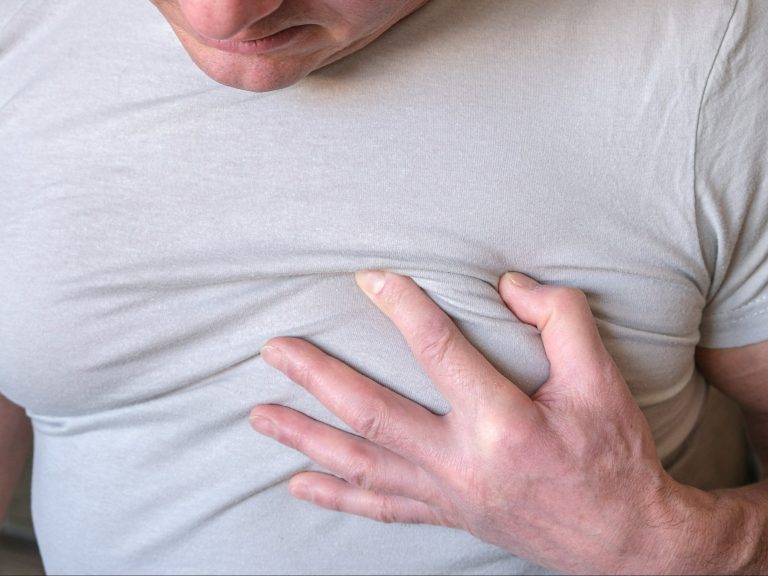“Unusual and unexpected increase in cases.” Europe has a new problem. 5 deaths from psittacosis

The World Health Organization issued a statement in which it draws attention to the increase in the number of psittacosis cases that has been recorded in recent months. See if there is anything to worry about and check who is in the risk group.
Recently, the World Health Organization (WHO) reported that in the last few months, more cases of psittacosis have been reported in Europe (other names in the literature are ornithosis or avian disease). The problem is faced by, among others, the Netherlands, Denmark, Austria and Germany. The WHO says there is an “unusual and unexpected increase in the number of cases.” 5 people have died so far.
What is a parakeet?
Parrot disease (ornithosis) is a zoonotic disease. It can be infected through contact with wild or domestic birds (pigeons, parrots, canaries, chickens, etc.), especially their excrements or secretions (e.g. saliva). The infection develops within 5-14 days from the moment of contact with the pathogen. At the beginning of its development, the disease resembles the flu. It is accompanied by symptoms such as increased body temperature. headaches and muscle pain, chills, fatigue, feeling of internal “breakdown”. Over time, other symptoms also appear, including:
-
dry cough,
-
pain in the chest,
-
shortness of breath,
-
hemoptysis,
-
fever (above 39 degrees),
-
enlargement of the liver and spleen,
-
Heart arythmia,
-
rash in the form of petechiae.
WHO estimates that the probability of transmission of the disease from person to person is low. Veterinarians, breeders and bird keepers, as well as employees of zoos and animal shelters are most at risk of infection.
Is a parrot dangerous?
Ornithosis usually has a mild course, but it can lead to the development of serious complications, such as pneumonia. The risk group includes children, the elderly, people with weakened immunity and patients with chronic diseases. Typically, the disease can be successfully treated with antibiotics. Following hygiene rules can protect against infection (frequent hand washing, keeping bird cages clean, and avoiding contact with wild birds (newly acquired animals should be quarantined).






